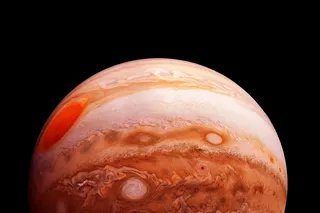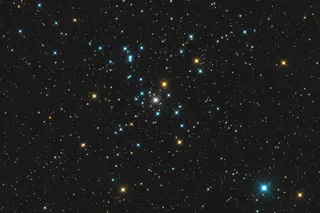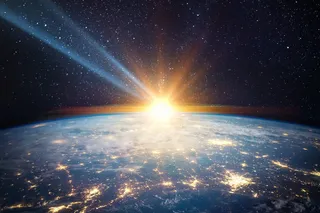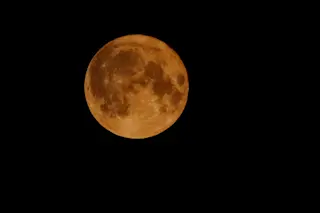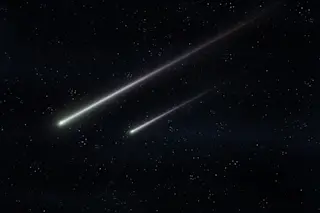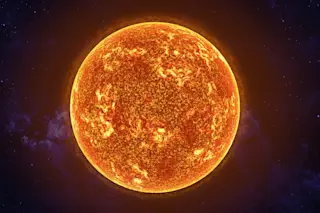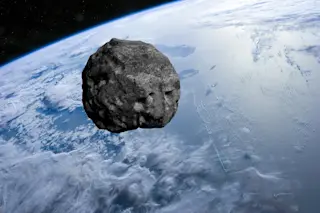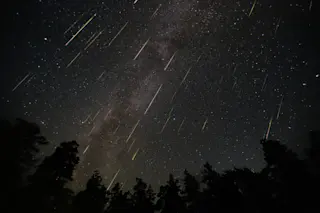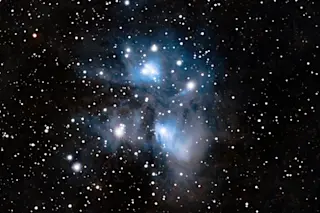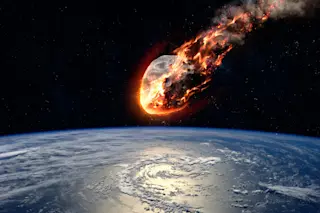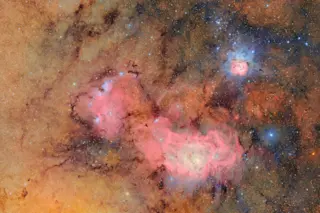Forget fireworks: on-demand shooting stars are the future of sky-high pyrotechnics. It sounds far-fetched, but a Japanese start-up company, called ALE, believes it has the technological muscle to manufacture artificial “meteor showers” that light up the night sky. ALE plans to pull off this feat by sending a tiny satellite into orbit that would eject a stream of 1-inch balls that glow as they burn up in Earth’s atmosphere.
Shooting stars, of course, aren’t stars at all; they’re tiny bits of space dust and debris — called meteoroids — that visibly burn brilliantly as they enter Earth’s atmosphere, becoming meteors. Meteors typically disintegrate before they hit Earth, but if they make landfall, they are then termed meteorites. Unfortunately, natural meteor showers aren’t a common spectacle, and they’re even less common if you life in major cities bathed in light pollution. Japanese astronomer Lena Okajima founded ALE, in partnership with scientists ...


